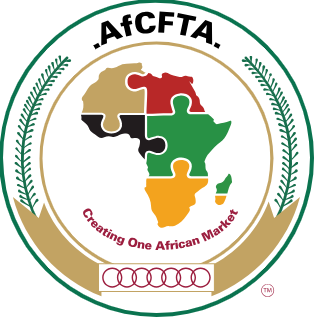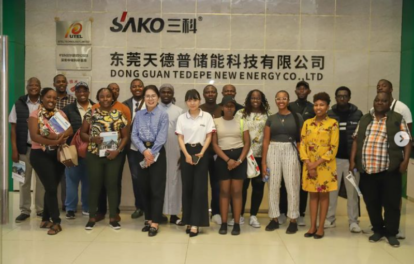The African Continental Free Trade Area Agreement (AfCFTA) represents a groundbreaking step toward economic integration across the continent. Officially launched during the 12th Extraordinary Summit of the African Union in Niamey on July 7, 2019, the AfCFTA brings together 55 African Union member states, creating the largest free trade area since the formation of the World Trade Organization (WTO). The agreement, which was signed in Kigali on March 21, 2018, and came into force on May 30, 2019, is expected to revolutionize trade across Africa.
At its core, AfCFTA seeks to increase intra-African trade, stimulate industrial production, and strengthen the competitiveness of African businesses. Some of its notable goals include:
- Increasing intra-African trade, which currently hovers around 15-18%.
- Boosting production through regional value chains, ensuring that sectors like manufacturing and agro-processing benefit from the new trade framework.
- Improving access to world markets by equipping African businesses with the tools to compete globally.
- Advancing African economic diplomacy to ensure a stronger, united economic front on the international stage.
Key Instruments of The African Continental Free Trade Area
The launch of AfCFTA’s operational phase was marked by the adoption of five essential instruments that will guide the free trade area:
- Rules of Origin: These regulations define the criteria under which products and services qualify for duty-free trade across the continent.
- Tariff Concessions: Aimed at achieving 90% tariff liberalization by July 2020, with an additional 7% for sensitive products phased in over a decade.
- Monitoring of Non-Tariff Barriers (NTBs): NTBs, such as poor infrastructure and administrative bottlenecks, hinder trade. This mechanism will track and help eliminate them.
- Pan-African Payment and Settlement System: This system will facilitate seamless, timely payments in local currencies, creating confidence in cross-border transactions.
- African Trade Observatory: A platform to provide critical trade data and insights, helping businesses make informed decisions about trade opportunities.
The AfCFTA Secretariat’s Role
The AfCFTA Secretariat, headquartered in Ghana, will play a pivotal role in overseeing the implementation of the agreement. It will develop work programs, manage budgets, and execute decisions made by African leaders to ensure the smooth operation of the free trade area.
Launch of a New US$7 billion (KSh890 billion) SME Fund to Empower African Entrepreneurs
Alongside the AfCFTA, there has been a growing emphasis on supporting Small and Medium-Sized Enterprises (SMEs) across the continent. A new fund, aimed specifically at SMEs, was announced by AfCFTA Secretary General Wamkele Mene on 4th September 2024 after meeting with the Kenya Investments, Trade and Industry Cabinet Secretary Salim Mvurya.
While the date of the launch is not confirmed yet, its introduction is aligned with AfCFTA’s vision of stimulating regional trade and economic growth. SMEs, which form the backbone of Africa’s economy, stand to gain the most from AfCFTA’s streamlined trade processes and reduced tariffs. The fund will provide much-needed financial support offering low-interest loans, credit guarantees, and other financial products tailored to the needs of small businesses.
This fund is intended to foster financial inclusion by enabling SMEs to scale their operations and take full advantage of the new continental market. By offering access to affordable capital and resources, the fund aims to help African businesses expand across borders, innovate, and create employment opportunities, contributing to long-term economic growth.
Looking Ahead
AfCFTA and the SME fund represent two critical components of Africa’s broader strategy to transform its economic landscape. As AfCFTA continues to roll out, African businesses, especially SMEs, will have unprecedented opportunities to trade freely across borders, access new markets, and compete globally.
By addressing key barriers to trade and providing financial support for growth, AfCFTA and the SME fund are poised to reshape Africa’s economic future, driving industrialization, creating jobs, and fostering a more inclusive and prosperous continent.





 Southeast Asia SME Software Market Report Review
Southeast Asia SME Software Market Report Review